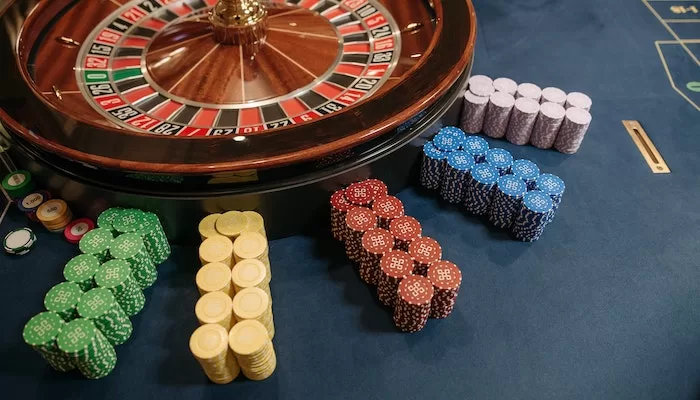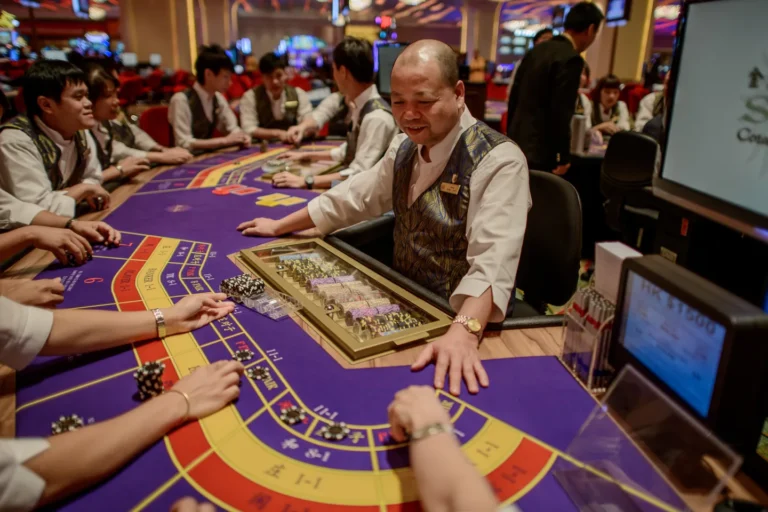Casino gambling has been a popular pastime worldwide, including in Korea. Casinos offer a variety of games, but how people perceive these games often depends on whether the outcome is a result of skill or pure chance. In Korea, the distinction between skill and luck has a significant impact on how gamblers perceive and play casino games.
Understanding Skill and Chance in Casino Games
Casino games are generally divided into two main types: games that rely heavily on skill and games that rely heavily on luck. Skill-based games require players to use their knowledge, strategy, and decision-making skills to change the outcome.
This differentiation is important because it affects player attitudes, level of participation, and sometimes legal regulations regarding gambling.
Skill-based Casino Games
Skill-based casino games include poker, blackjack, and baccarat to some extent. These games require players to acquire strategic skills, the ability to read opponents’ moves, or to improve their odds of winning through rational behavior.
For example, in poker, psychological strategies, betting strategies, and knowledge of probability can be used to improve the odds of winning. Blackjack players can use card counting systems or basic strategy charts to lower the house edge.
Korean players tend to value skill-based games that allow for individual effort and improvement. These games are not simply gambling, but rather a form of competition where skill is important. This provides the thrill and mental stimulation that is most important.
Probability-based Casino Games
Slots, roulette, and lottery games are games that rely heavily on luck. In these games, the outcome is determined by a random number generator or physical device, and the player has little or no control over the outcome.
For example, slot machines are all automated and offer no real means of influencing the outcome once the game begins. The outcome of roulette is determined by where the ball lands on the wheel, and the player has no control over this.
Most Koreans view games of chance as entertainment and a way to test their luck. However, because these games do not reward skill or strategy, some may look down on them or find them boring in the long run.
Korean Cultural Outlook
Gambling has long been viewed with suspicion in Korea and is generally seen as involving risk and social problems. However, the growth of official casinos and online gambling sites has exposed the general public to this practice more.
Koreans prefer games where skill can affect the outcome, as these games are considered more fair and equitable. The fact that one can use skill to become an expert and beat the house reflects a cultural background that values hard work and learning.
Meanwhile, the government’s strict gambling laws demonstrate its commitment to minimizing gambling problems that can lead to addiction and financial loss. Skill-based gaming facilities are generally considered safer because players are perceived to have more control.
Balancing Entertainment and Risk
Games of skill and games of chance offer different types of enjoyment, but they also come with different levels of risk. Skill games require mental effort and can be rewarding for skilled players, but can be frustrating when the results fall short of expectations. Games of chance are easy to play and offer a thrill of uncertainty, but can be more addictive because the outcomes are based on random probability.
In Korea, people tend to enjoy casino gambling with a keen awareness of these differences. Some people enjoy skill games to test their skills and get tested. Others enjoy games of chance for the thrill of uncertainty, but prefer to play without pressure.
The Future of Casino Games in Korea
As technology continues to advance, the line between games of skill and games of luck is becoming increasingly blurred. Many new casino games incorporate elements of both skill and luck, requiring players to demonstrate some skill but also including elements of random luck.
In addition, the Internet and mobile gaming platforms are introducing new ways for players to experience casino games, which may influence how Korean players think about and interact with these games in the future.
As eSports and skill-based competitions grow in popularity, interest in games that recognize players’ skill as much as luck has also increased.
Conclusion
Koreans’ perceptions of casino games beg for important cultural and practical differences between skill and luck. Skill-based games emphasize control and equity, and are consistent with cultural sentiments about effort and acquisition. Games based on luck offer the pleasure of uncontrollability, but they also carry a greater risk of addiction and financial ruin.
Understanding this balance explains the tastes of Korean gamblers and Korea’s gambling regulation strategy. For those who want to understand the Korean casino market or gambling culture, recognizing the importance of skill over chance is crucial to understanding how these games contribute to Korean society.
Disclaimer: Gambling involves financial risk and can be addictive. Participate responsibly and only if you are of legal age.














